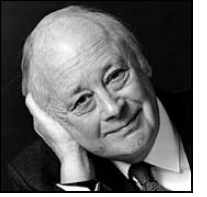Handy on Federalism and Subsidiarity
Charles Handy is a well known writer on the nature of contemporary organisations. Following is a summary of his the principles of federalism and subsidiarity and the logic of devolved power.

Federalism seeks to be both big in some things and small in others. It aims to be both local in its appeal and in many of its decisions, but national or even global in its scope. It aims to maximise independence, provided that there is a necessary interdependence; to encourage difference but within limits; it needs to maintain a strong centre, but one devoted to the service of the parts; it can, and should, be led from that centre but has to be managed by the parts. There is room in federalism for the small to influence the mighty.
Subsidiarity, on the other hand, is the idea of ‘reverse delegation—the delegation by the parts to the centre.’ Subsidiarity involves ‘leaving power as close to the action as possible.’ It depends on ‘mutual confidence’, not rules, which as often as not stand as a sign of mistrust and breed corruption. The mutual confidence on which subsidiarity is based encourages positive disagreement and argument. Subsidiarity is not like empowerment, where somebody on high has given something away. Subsidiarity is a matter of seeing to it that power is where it properly belongs, in the complex diversity that is the real world.
Handy, Charles. 1994. The Age of Paradox. Boston: Harvard Business School Press. pp. 110, 133–5, 143, 146. || Amazon || WorldCat
